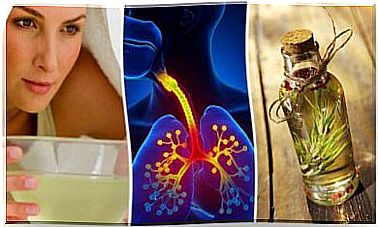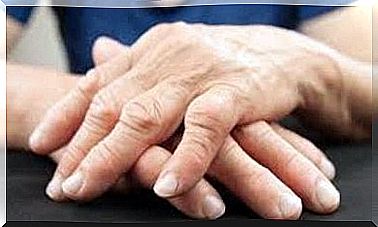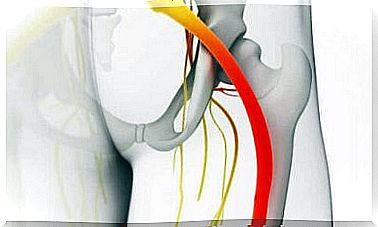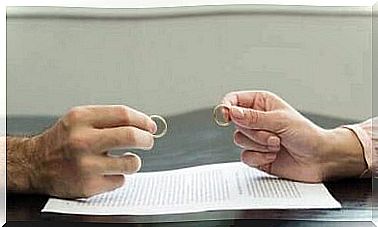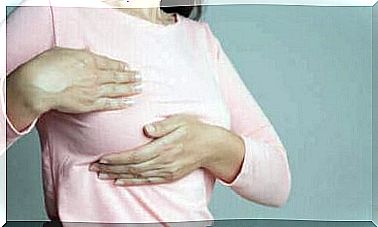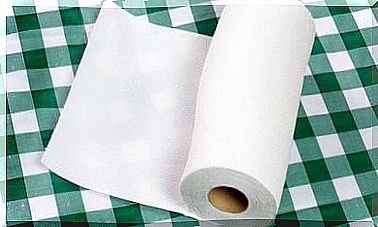Hard And Soft Water: What’s The Difference?
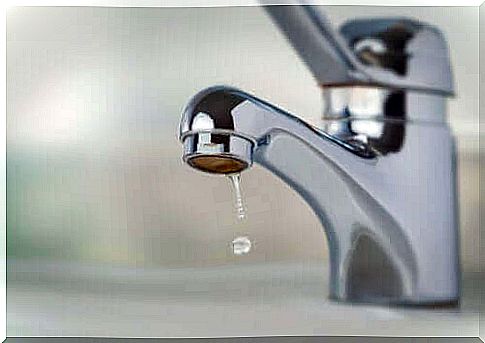
Water hardness is the term used to measure the amount of calcium and magnesium minerals contained in a given amount of water. This chemical property allows us to divide the liquid into hard or soft water. It is important to know which of the two comes out of the tap at home. Read on to learn more about hard and soft water.
The properties of the water depend on the condition of the soil it flows through, because during its underground journey it comes into contact with the salts contained in the soil. Elements such as iron, strontium and barium also influence the hardness of the water.
What is hard water?
Hard water is water with a high concentration of minerals. It usually occurs in coastal areas because they are characterized by soils with a high percentage of calcium carbonate.
One of the measures by which we can measure the hardness of water is the French hydrometric degree (°fH). Based on this, experts have determined that hard water contains between 32 and 55°fH and very hard water more than 55°fH. At the same time, hard water can be temporary or permanent.
- The former consists of calcium or magnesium carbonates and loses its hardness when cooked.
- The latter contains calcium or magnesium sulfates and they do not decrease when cooking techniques are used.
What is soft water?
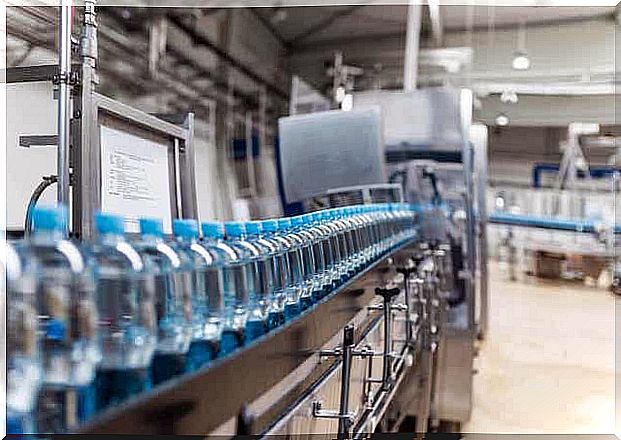
Soft water is water that contains a very minimal amount of mineral salts. It comes from mountainous places and springs because the rocks there do not accumulate as much calcium and magnesium. This type of water can also be measured with the French hydrometric degrees. This determines that water with less than 7 °fH is very soft and water between 7 and 14 °fH is soft.
Soft water is ideal for use in the industrial sectors as it allows optimal savings and does not affect the performance of the machines. It is therefore essential that the companies regularly check the hardness of their water.
What is the difference between hard and soft water?
Aside from the presence of minerals in both, there are other differences to consider. The first difference is that soft water is suitable for cleaning, while hard water weakens detergents because the soap molecules break down when they come into contact with calcium or magnesium ions.
Taste is another factor affected by the hardness of the water. On the one hand, when tasting hard water, one can notice that it has a stronger taste, due to the high presence of salts. On the other hand, soft water is characterized by a much lighter taste.
In addition, each type of water gives a different feeling on the skin. Soft water is known to soften the skin, while hard water can cause dryness and irritation.
How does hard water affect your home?
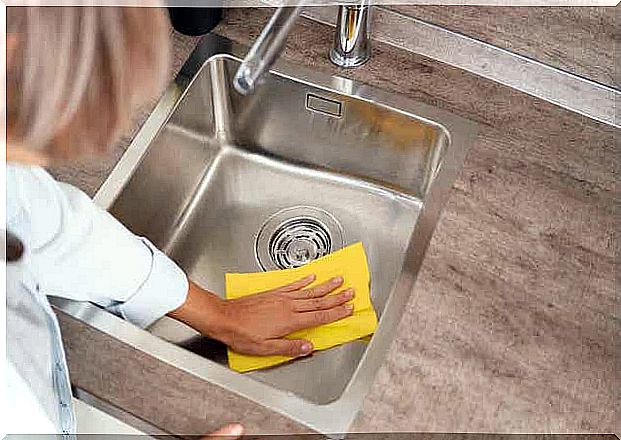
Hard water is a factor that causes many problems in the home. At the plumbing level, it clogs the pipes. When water is heated, pieces of lime are released that gradually accumulate.
The high concentration of lime also causes problems for the taps and the walls. This is because a limescale is formed that visibly stains the elements that often come into contact with this water.
This type of water also causes damage to household appliances because the solid residues of salts can remain in the appliances. Hard water also reduces the effectiveness of detergents and increases household cleaning costs.
- Because soaps cannot work optimally, the dishes also get irreparable stains.
- Furthermore, garments discolor during washing.
How can you measure the hardness of the water in your home?
Experts use a device called a hardness analyzer. It consists of a test tube and special liquids that react with the water. Operation is simple, as all you have to do is fill the test tube with water and apply a few drops of the special liquid.
- If the water then turns a blue color, it means that the water is soft.
- If it turns red, it means the water is hard.
In addition, you can also perform a home test with a bottle of water with salt and another bottle with distilled water. You need to add detergent in both bottles and shake. If the first foams less, it means the household has hard water.
